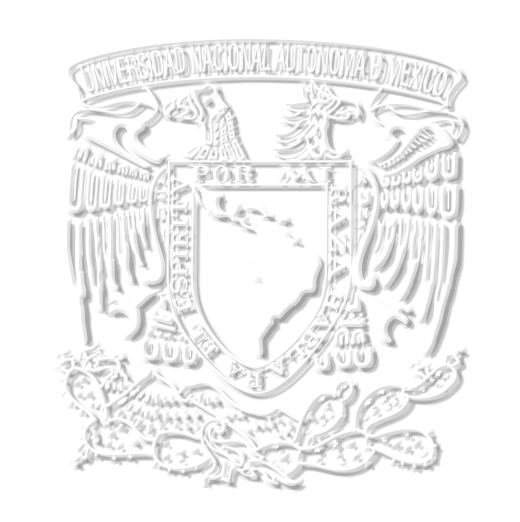Abstract
Los centros privados de investigación durante el período autoritario en América Latina constituyeron ONG donde destacados sociólogos, demógrafos, politólogos y otros especialistas de ciencias sociales (que habían tenido un lugar destacado en las universidades públicas hasta su intervención por las dictaduras militares durante los años 70 y 80) generaron conocimiento y líneas de investigación sobre las sociedades de la época. Estos reductos de la “intelligentsia” latinoamericana que pudieron permanecer en la región trabajaron estrechamente con los centros de documentación y bibliotecas. Esto creó un diálogo fecundo y cotidiano entre los profesionales de la información y los académicos, o sea, en y con dominios específicos y comunidades de práctica. El análisis de las redes y recursos de información de aquel período promovidas por CLACSO, DOCPAL de CELADE, CLADES de CEPAL, a la luz de las teorías del análisis del dominio y de la información de la vida cotidiana, ofrece una rica experiencia y aprendizaje a las bibliotecas y servicios de información en ciencias sociales actuales. Los comportamientos informativos de los científicos sociales interrelacionados e insertos en el contexto de los servicios de información y documentación funcionando en redes regionales forman parte de un modelo a difundir y discutir.Authors:
- They must sent the publication authorization letter to Investigación Bibliotecológica: archivonomía, bibliotecología e información.
- They can share the submission with the scientific community in the following ways:
- As teaching support material
- As the basis for lectures in academic conferences
- Self-archiving in academic repositories.
- Dissemination in academic networks.
- Posting to author’s blogs and personal websites
These allowances shall remain in effect as long as the conditions of use of the contents of the journal are duly observed pursuant to the Creative Commons:Attribution-NonCommercial-NoDerivatives 4.0 license that it holds. DOI links for download the full text of published papers are provided for the last three uses.
Self-archiving policy
For self-archiving, authors must comply with the following
a) Acknowledge the copyright held by the journal Investigación Bibliotecológica: archivonomía, bibliotecología e información.
b) Establish a link to the original version of the paper on the journal page, using, for example, the DOI.
c) Disseminate the final version published in the journal.
Licensing of contents
The journal Investigación Bibliotecológica: archivonomía, bibliotecología e información allows access and use of its contents pursuant to the Creative Commons license: Attribution- Non-commercial-NoDerivatives 4.0.

Investigación Bibliotecológica: archivonomía, bibliotecología e información by Universidad Nacional Autónoma de México is licensed under a Creative Commons Attribution-NonCommercial-NoDerivatives 4.0 Internacional License.
Creado a partir de la obra en http://rev-ib.unam.mx/ib.
This means that contents can only be read and shared as long as the authorship of the work is acknowledged and cited. The work shall not be exploited for commercial ends nor shall it been modified.
Limitation of liability
The journal is not liable for academic fraud or plagiarism committed by authors, nor for the intellectual criteria they employ. Similarly, the journal shall not be liable for the services offered through third party hyperlinks contained in papers submitted by authors.
In support of this position, the journal provides the Author’s Duties notice at the following link: Responsibilities of authors.
The director or editor of the journal shall notify authors in the event it migrates the contents of the journal’s official website to a distinct IP or domain.







